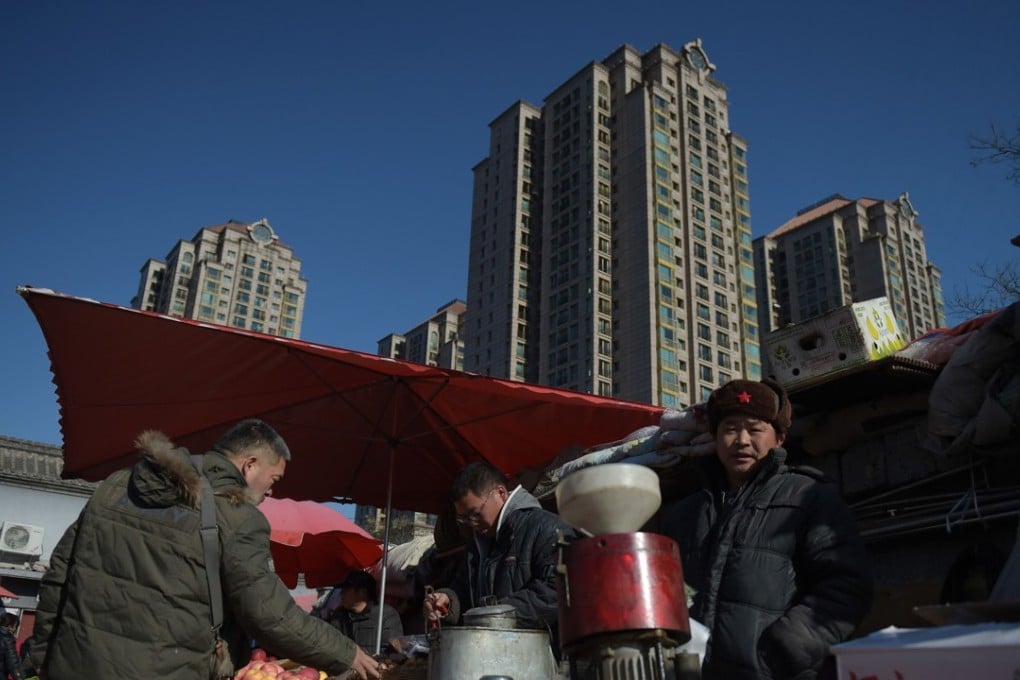Beijing’s lessors cave in to public pressure, adding more flats for leasing as home rents rise
Heated debate leads to finger-pointing at property operators, prompting them to pledge to add 120,000 units in China’s capital city.

Accusations that property operators are a primary cause for Beijing’s runaway rents prompted some of them to pledge to put more affordable units on the market.
Ten of the city’s rental flat operators, including Ziroom, Danke and Izu (the rental brand of 5I5J) will add a total of 120,000 new units – or 5 per cent of Beijing’s total rental flats – to the market and not raise their rents, Beijing’s real estate agency group said earlier this week.
The step comes as Beijing’s average rents have soared about 10 per cent so far this year, sparking uproar and finger-pointing among internet citizens and even within the rental business community itself. Last Friday, the Commission of Housing and Urban-Rural Development called in major rental operators and told them not to charge rents above the going market rate or engage in unscrupulous tactics.
Renting is the only option for many Beijingers who cannot afford to buy in a city where home prices have shot up 65 per cent since 2016. In one shocker even for Beijing, a tiny shack with no toilet near Tiananmen Square sold for US$384,500 in June.
According to creprice.cn, run by market analyst CityRe Data, Beijing’s average rents in July rose 21.9 per cent over a year ago to 103 yuan (US$15) per square metre. Rents vary across different submarkets, with downtown rents reaching 140 yuan per square metre per month and suburban Tongzhou’s average rent hitting 60.36 yuan per square metre.